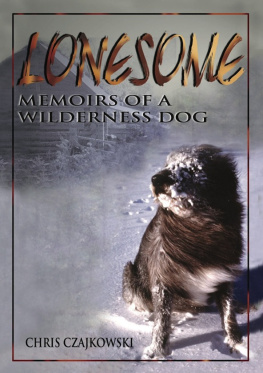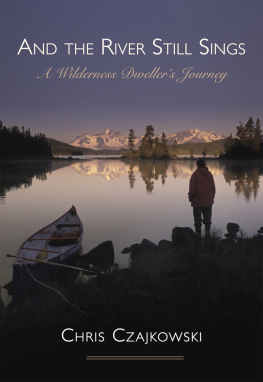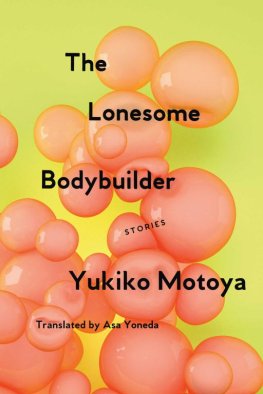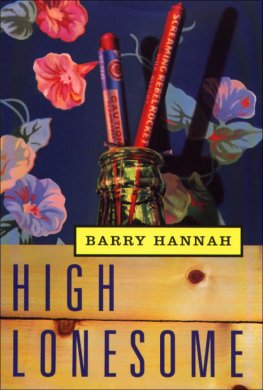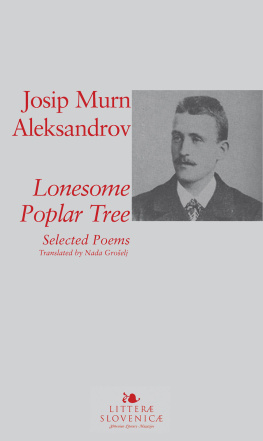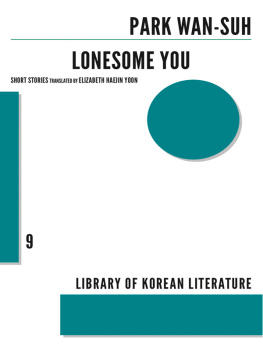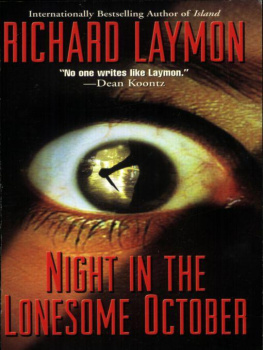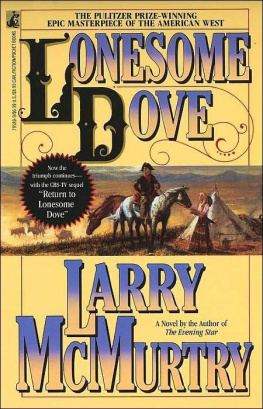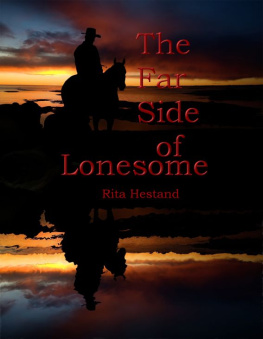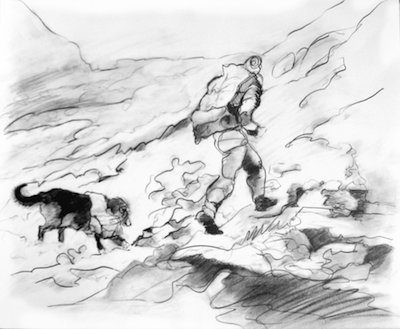
Chris Czajkowski grew up in rural England and spent a decade backpacking around the world before arriving in Canada in 1979. After two years of working on dairy farms in the south of the province, she headed into the remote reaches of British Columbias Central Coast Mountains, about 480 kilometres north of Vancouver. Letters about Chriss life in the wilds became a popular feature on the late Peter Gzowskis Morningside on CBC Radio. These were expanded to create the best-selling Cabin at Singing River and were followed by the equally popular Diary of a Wilderness Dweller ; Nuk Tessli: The Life of a Wilderness Dweller ; and Snowshoes & Spotted Dick: Letters from a Wilderness Dweller .
Chris still lives at Nuk Tessli and operates the Nuk Tessli Alpine Experience, an ecotourism adventure for wilderness lovers, naturalists and artists. She continues to write about her experiences and her dogs and is an entertaining public speaker, illustrating her talks with photographic slides. For more information, write to her at the Nuk Tessli Alpine Experience, Nimpo Lake, BC, VOL IRO, Canada, or visit www.nuktessli.ca.
Christina Clarke studied art for five years, four at the Alberta College of Art in Calgary, and one at Dudley College in England. A glassmaker for 25 years, she has more recently branched into painting portraits of both people and animals; her work is featured in a number of animal portrait collections. She has also worked as a scenic artist and painter for numerous movies, and she operates a company called Iceni Productions Ltd. She lives with her prize-winning bull terrier, Bacon, in Vancouver, BC. For more information, e-mail her at baconsclarkes@telus.net.
Copyright 2004 by Chris Czajkowski
Illustrations copyright 2004 by Christina Clarke
All rights reserved. No part of this publication may be reproduced, stored in a retrieval system, or transmitted in any form or by any meanselectronic, mechanical, audio recording, or otherwisewithout the written permission of the publisher or a photocopying licence from Access Copyright, Toronto, Canada.
Originally published by TouchWood Editions Publishing Co. Ltd. in 2004 in softcover
ISBN 978-1-894898-24-9
This electronic edition was released in 2011
ePub ISBN 978-1-926971-26-1
Cataloguing data available from Library and Archives Canada
Cover design by Nancy St. Gelais (image courtesy Chris Czajkowski)
TouchWood Editions acknowledges the financial support for its publishing program from the Government of Canada through the Canada Book Fund (CBF), Canada Council for the Arts, and the province of British Columbia through the British Columbia Arts Council and the Book Publishing Tax Credit.
www.touchwoodeditions.com
Corry Lunn and Uli Augustin
and everyone who knew Lonesome,
and to all those who have touched our wilderness.
Chapter Eight
Its such a privilege, Chris would often state to whomever was within reach of her endlessly expressed opinions (usually only me), to live in a country where animals like bears still exist. Privilege, my paw! My idea of privilege would be to have a safe house, a warm bed, predictable meals, walks in a well-used park, bridges crossing all the rivers, a vehicle that purred quietly and ran smoothly instead of battering my eardrums and bruising my poor body with every lurch, lots of congenial company and a few treats once in a while.
But what I got was a hole I had to dig myself under the floor of the huge log kennel that Chris eventually built, a hole that was only partially protected from the weather and provided even less of a barrier against the flies.
And what I also got was bears. At least they slept for part of the year, but they were a constant threat from the moment the dandelions thrust rosettes of leaves into the clearing beside the cabin until long after the first snow covered the ground. At Stuie, I felt comparatively safe, for Tan Sister was quite aggressive toward them, and the two of us would have high old times barking like lunatics and chasing them up trees. Bears were the only thing I ever did bark at; whenever I smelled that rank, musty smell, something came over me and I just could not help myself. It was a funny thing, though, that when I met a bear alone, without Tan Sister beside me, although I would bark just as loudly and confidently, the bears never took the slightest bit of notice. These encounters always ended with me beating an ignominious retreat beneath the house.
One of the reasons the bears were so prevalent in that place was an annual phenomenon peculiar only to the coastal areas of western North America. Every year when the birch leaves paled and began to fall, the sockeye salmon swam upriver to spawn. One morning the gravel bed shifting under the silvery coils of the water monster would be empty of any visible creature; the next, wavering ruby flags would be slithering like weeds in the current. Within a week, the river would be full of leaping, swimming, slopping, swaying fish.
At first the splatter and slither excited me. I thought these animals were having a wonderful game, and I was only too delighted to try and join them. But I rapidly discovered that they were merely extensions of The Wet; what is more, they tried to bring that unpleasant substance to me by flapping their tails and bashing it into my eyes. I didnt think this fair at all; having the water monster on their side made their games far too rough. I soon tired of them and left them alone.
Chris, for some reason, was mightily intrigued by this annual piece of theatre. She spent many hours staring into the water and watching the sinuous movements, exclaiming at the colours and patterns that the antics of the fish produced. I, however, soon found that the advent of these animals had a result that was far from entertaining. It was, in fact, downright dangerous. Once they had procreated, the salmon died, and the strong smell, while not unpleasing in itself, had very dire consequences. For an aromatic, rotting fish is a gourmet morsel of incomparable delight for a bear.
Now, I have never enjoyed eating the fish in their slimy stage. The Wet, at that point, is still too much part of their makeup. But once the carcasses have dried, I love to crunch them up. When you see in pet-food stores such weird concoctions as sanitized pigs ears (which, like most processed foods, have neither flavour nor nutritional value), its a wonder people havent cottoned on to desiccated fish carcasses as a doggy treat. The patentees of such a delectable delicacy would make a fortune, I assure you. But when the fish are still limp and slimy? Ugh! Only a creature as depraved as a bear could ever get excited about one of those.
Despite Chriss odd attitudes toward bears, she did have enough brains to treat them with a great deal of respect. The first time the bears began to congregate for the salmon, the kennel was far from completed, being nothing more than a walled enclosure. (Why on earth she had to build such a big one, I cant begin to imagine.) Even Chris realized that a tent was hardly the best dwelling under these circumstances, especially as it was situated right on the banks of the river, and she moved camp into one of George and Kathleens storage sheds for the duration of the fall. When increasingly poor weather made even this shelter too uncomfortable, we hiked out to Tan Sisters place, where we spent the rest of the winter. (Tan Sister wasnt there. She and her pack had made the long journey back to that far-off country, Ontario.)
Next page
